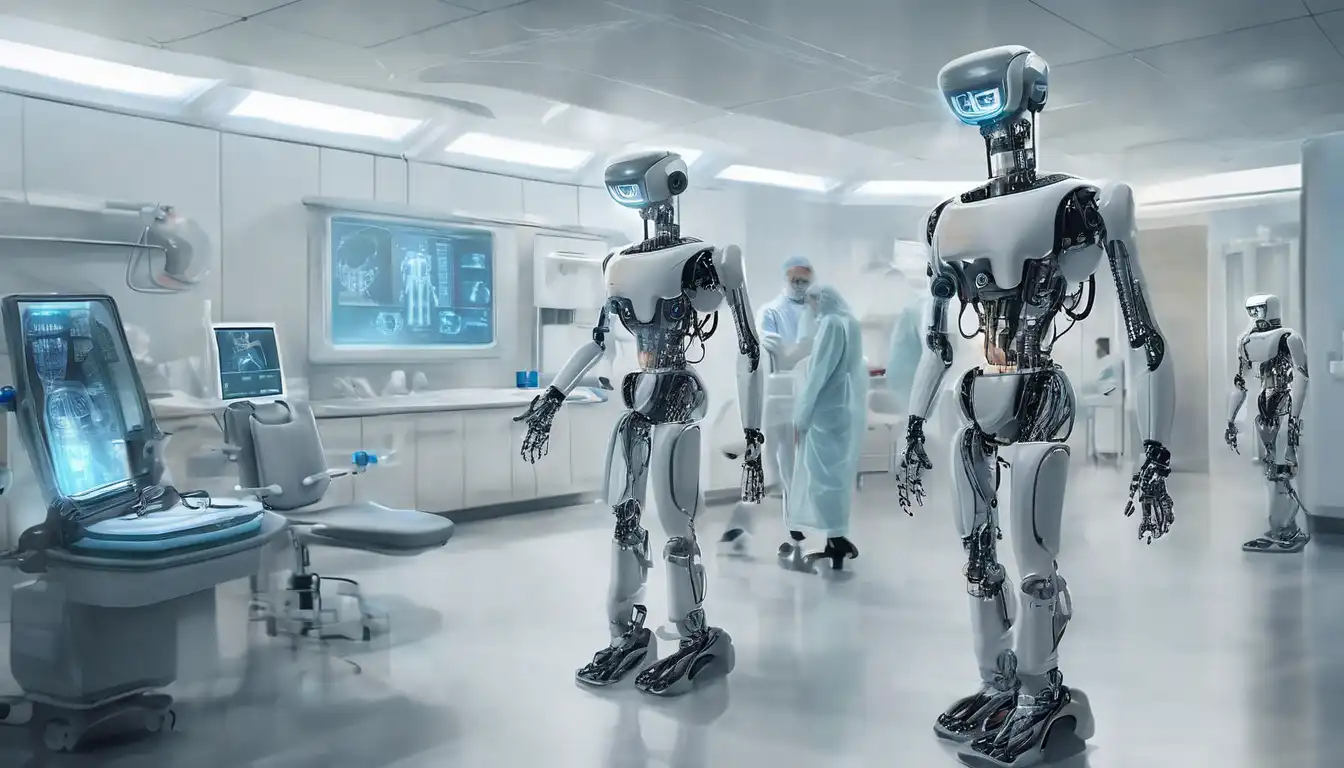The Next Era of Robotics in Healthcare
The integration of robotics into healthcare is transforming patient care, surgical procedures, and rehabilitation processes. This technological advancement is not just a glimpse into the future; it's a present reality that's enhancing the efficiency, precision, and outcomes of medical treatments worldwide.
Transforming Surgical Procedures
Robotic surgery, once a futuristic concept, is now a critical tool in operating rooms. With systems like the Da Vinci Surgical System, surgeons can perform complex procedures with unprecedented precision, reducing recovery times and improving patient outcomes.
Enhancing Patient Rehabilitation
Robotics is also revolutionizing rehabilitation. Devices such as exoskeletons are enabling patients with mobility issues to walk again, offering hope and independence to those who thought it was lost forever.
Automating Routine Tasks
Beyond direct patient care, robotics is automating routine tasks in healthcare settings. From dispensing medication to sterilizing equipment, robots are freeing up healthcare professionals to focus on what they do best: caring for patients.
The Role of AI in Healthcare Robotics
Artificial intelligence (AI) is the backbone of modern healthcare robotics. AI algorithms enable robots to learn from data, improve over time, and make decisions that enhance patient care. This synergy between AI and robotics is paving the way for innovations we've only begun to imagine.
Challenges and Opportunities
Despite the advancements, the integration of robotics in healthcare faces challenges, including high costs and the need for specialized training. However, the opportunities for improving patient care and operational efficiency are immense, making the investment worthwhile.
Looking Ahead
The future of robotics in healthcare is bright, with ongoing research and development promising even more groundbreaking applications. As technology advances, we can expect robotics to become an even more integral part of healthcare, offering new possibilities for treatment and care.
In conclusion, the next era of robotics in healthcare is not just about technological innovation; it's about revolutionizing patient care. By embracing these advancements, the healthcare industry can improve outcomes, enhance efficiency, and provide better care for all.
